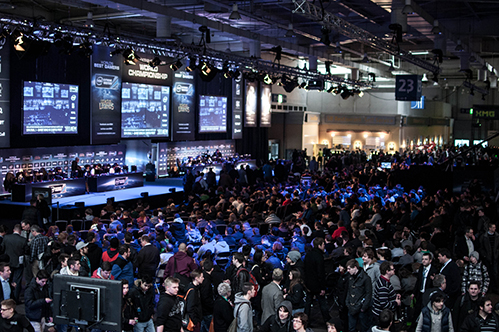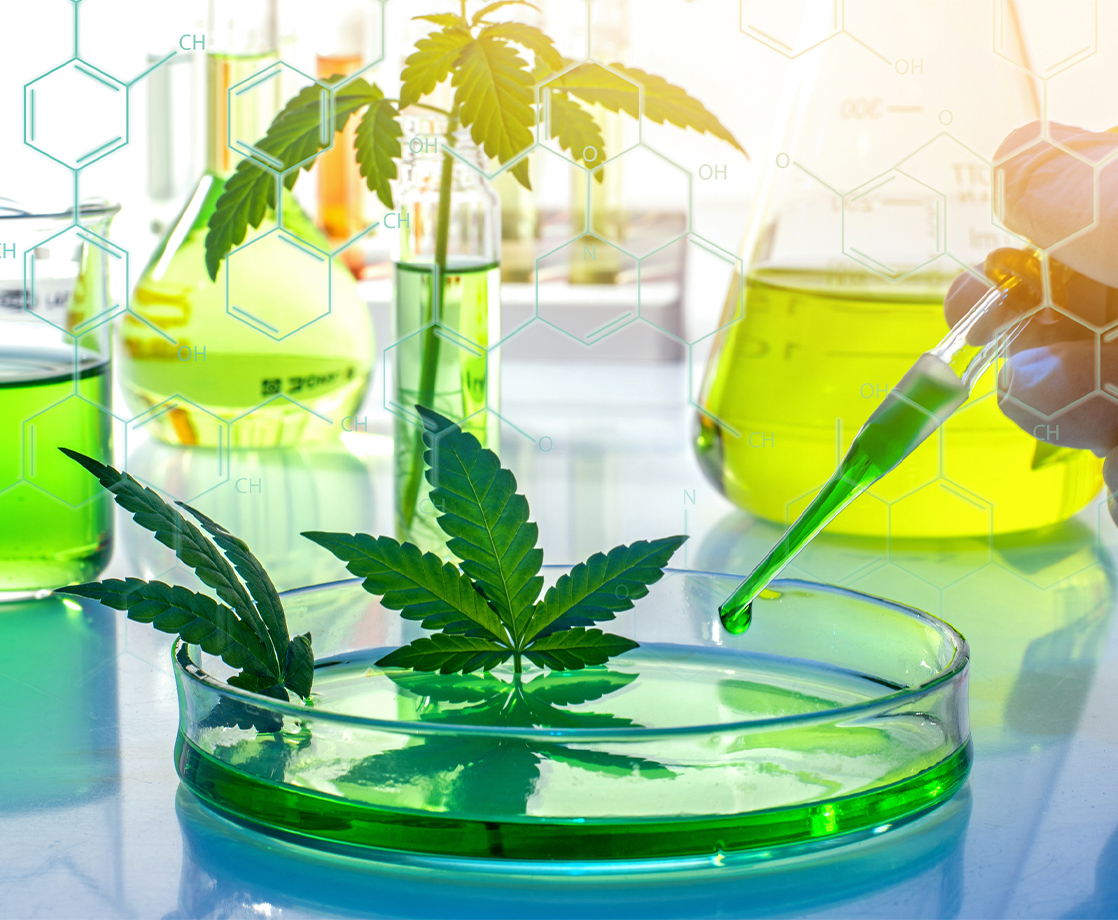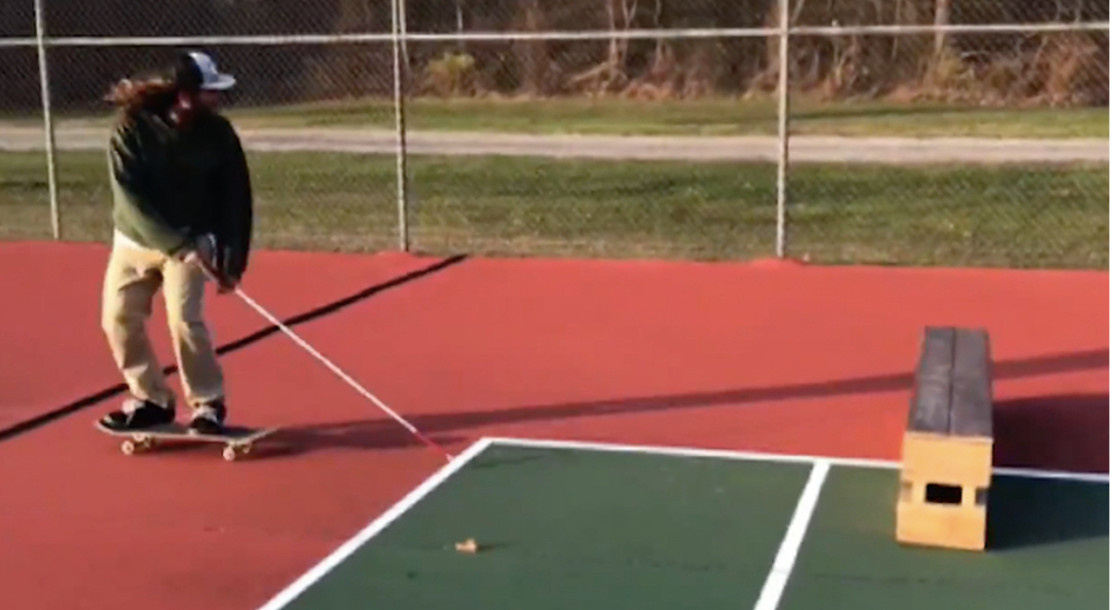In Season 2 of the HBO comedy Entourage, Vince Chase’s hangers-on are facing a quandary. Vince is so low on cash he’s about to shoot a commercial, and if things go poorly, their best chance at staying in rent money might be lowly Turtle, the pudgy underachiever whose main skill is consuming massive quantities of weed. He’s entered in an XBox tournament with a hefty grand prize that could help their finances—but Vince & Co. can’t resist the opportunity to play a practical joke on their pal. Telling Turtle that the competition, which is for the video game Fight Night 3, will be drug testing, Vince sits back to watch his friend squirm. When they arrive at the tournament, Turtle—who claims that pot is the only thing allowing him to concentrate on the game—is armed with a vial of uncontaminated urine, but told by a confused registration worker that of course they wouldn’t drug test, because they wouldn’t have any players if they did. And to be sure, as far as athletic competitions go, none seems to offer a more 420-friendly environment than esports, the fast-growing video game tournaments divided into role-playing, fighting, sports and real-time strategy games (the latter including the wildly popular Starcraft and DOTA series). With their young player-base, their relative ease on the lungs and their easy fit within the cannabis community, esports and marijuana seem to outsiders to be a match made in heaven. What could be better, after all, than sampling a fine sativa before settling in to your favorite spot on the couch and entering another world through your favorite video game?
Recent developments in the gaming community, however, make it seem like what was played up for laughs less than a decade ago in Entourage could be extremely serious for some esports personalities. As esports become more profitable and prize purses continue to grow, it becomes more and more likely that players might turn to performance enhancing drugs—in the case of esports, this most often means Adderall—and just as in other professional sports, cannabis is likely to be an innocent victim of this universal tendency to try to gain an edge. As of Autumn 2015, the rampant Adderall use in professional esports has led just one gaming organization, the Electronic Sports League, to institute any drug testing policy. But it’s not so much the number of testing programs in esports that’s worrying, it’s the type of testing being used.
Electronic Sports League, who released a statement saying, “Our main goal is and always will be to maintain the fair play spirit and the integrity of our competitions and we’re confident that the anti-doping policy is important improvements that will help us advance as a sport,” will be using Olympic-level drug testing procedures for their athletes. This is ridiculous for a number of reasons—for example, what good would banned hormones or androgens be to athletes whose sport requires the use of mostly hand muscles? One wonders—but the most troubling is the precedent it sets. If Adderall or amphetamine use has become epidemic in the esports community, then surely appropriate drug-specific tests could be used. Or if a full range of testing is cheaper or more efficient, most of the results—for non-performance enhancing drugs like cannabis, for example—could easily be set aside in favor of relevant results.
By buying into the all-or-nothing proposition used by hard-line organizations like the IOC and NCAA, ESL created a climate this summer in which esports, which had a real chance to become the first openly 420-friendly outfit in professional sports, decided to bite the hands that feed them and throw their lot in with the status quo.











